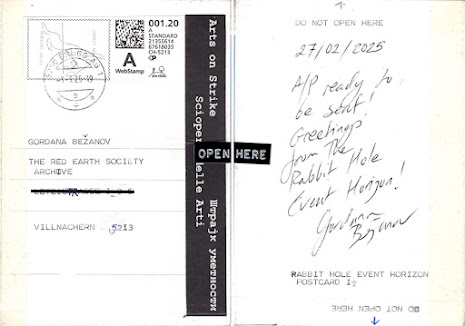27.04.2011
... "The stories of the flying forth and riding about of magicians in the air, usually by night, but sometimes by day, appear in the fifteenth century, and are of old heathenish origin, and connected with women of bad character. Amongst the resolutions of the Council of Ancyra, in the middle of the fifteenth century, is one concerning women who profess to ride about at night on all kinds of beasts with Diana and Heroidas. ...
Grimm, indeed, traces the general assemblies of witches for play and lewdness, for cooking and feasting, to an earlier period. The Salic laws speak of witch-kettles and witch-kettle-carriers. They held their assemblies especially at salt springs, and Tacitus himself says (Ann. xiii 57), "If the women or priestesses attend to the preparation of salt, the salt-kettles also stood under their care, and thus people of after ages connect the boiling of salt and witchcraft. On certain festival days the witches assembled in the sacred wood on the mountain, where the salt boiled up, bringing with them cooking vessels, spoons, and forks. Their salt-pans, however, were boiled at night. Halle in Austrian means Salzaha, Sala, or the huts at the salt-springs; whence the popular belief that fiends rode on besoms, oven-forks, or faggots, over bill and dale to Halle" (Grimm, 589). "
...
Source: The history of magic, Volume 2 By Joseph Ennemoser,
translated from the German by William Howitt, London MDCCCLIV (1854)
pp 143
http://books.google.com/
Grimm, indeed, traces the general assemblies of witches for play and lewdness, for cooking and feasting, to an earlier period. The Salic laws speak of witch-kettles and witch-kettle-carriers. They held their assemblies especially at salt springs, and Tacitus himself says (Ann. xiii 57), "If the women or priestesses attend to the preparation of salt, the salt-kettles also stood under their care, and thus people of after ages connect the boiling of salt and witchcraft. On certain festival days the witches assembled in the sacred wood on the mountain, where the salt boiled up, bringing with them cooking vessels, spoons, and forks. Their salt-pans, however, were boiled at night. Halle in Austrian means Salzaha, Sala, or the huts at the salt-springs; whence the popular belief that fiends rode on besoms, oven-forks, or faggots, over bill and dale to Halle" (Grimm, 589). "
...
Source: The history of magic, Volume 2 By Joseph Ennemoser,
translated from the German by William Howitt, London MDCCCLIV (1854)
pp 143
http://books.google.com/

Comments